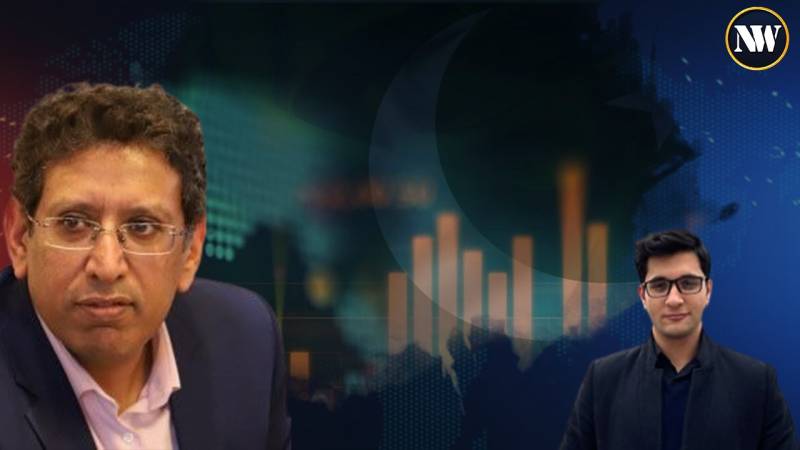Dr. Adeel Malik, an esteemed economist and scholar at the University of Oxford joins Zeerak Rana to explore the complex web of business, power, and politics in Pakistan. His insights shed light on the challenges and opportunities facing investors and businesses in an environment marked by political instability, shifting allegiances, and a system of authoritarian power sharing.
One of the fundamental concerns for investors in Pakistan - is the need for predictability and stability in the business environment. Large-scale investments often span several years, even decades, and require inter-temporal commitments. Investors seek assurances that their assets and investments will not be threatened or expropriated. In such uncertain environments, businesses tend to align themselves with the most stable and powerful institutions in the country.
In many foreign nations, foreign investors often forge alliances with institutions like the military or monarchy. For example, in Egypt, foreign investors may align with the Egyptian Military, while in Morocco, they may form partnerships with the Moroccan monarchy, which also owns numerous companies. These stable institutions offer a semblance of security in an otherwise volatile landscape.
However, in Pakistan, businesses have become deeply entrenched within what Dr. Malik terms the "system of authoritarian power sharing." This system involves various elements, including political parties, the military, and powerful business elites, all vying for control and influence. In such an environment, aligning with the right power brokers becomes critical for businesses seeking to thrive.
As such, many businesses in Pakistan have evolved to become integral components of this power-sharing system. They often play a dual role, as both economic actors and political power brokers. This duality allows them to exert considerable influence over government policies and decisions. As a result, businesses within this system benefit from various concessions, tax breaks, and other privileges that serve to protect their interests.
In addition to that, while we can acknowledge the pressing need for economic reform in Pakistan, it is important to consider the challenges associated with implementing such reforms. Tax reform, for instance, is a contentious issue as it directly affects powerful interest groups, such as real estate tycoons. These groups have significant political clout, making meaningful reform difficult to achieve.
Moreover, the influx of external resources, often in the form of loans and grants, has perpetuated a cycle of economic instability. Pakistan relies on these cash injections to support its balance of payments, with the IMF and other multilateral institutions providing much-needed financial aid. However, this external support also ties Pakistan to international institutions' conditions and influences its economic policies.
Dr. Malik notes that Pakistan has been subject to international sanctions, albeit in a disguised form. While countries like Syria and Iran face more explicit sanctions, Pakistan experiences a different kind of economic surveillance - in other words, a "geopolitical rent". The Financial Action Task Force (FATF) and IMF programs now require U.S. approval, showcasing the international community's growing influence in Pakistan's economic affairs. The IMF programs, in particular, offer significant leverage over Pakistan's economic policies. However, they often fail to exert the necessary pressure to induce meaningful reform. A more robust IMF program could tie the hands of the ruling elite, compelling them to undertake substantial economic reforms. Yet, as things stand, the IMF's influence remains limited on that front.
On another note, elections alone cannot solve Pakistan's deep-rooted structural problems. While elections serve as a vital signaling mechanism of stability and accountability, they do not guarantee the initiation of comprehensive reforms. The political parties that come to power are often reluctant to challenge the existing power structure, as they rely on the support of business elites and other influential groups. However, Dr. Malik emphasizes the importance of maintaining regular free, and fair elections. They are not only essential for economic reform but also for preserving the legitimacy of the state. Delaying elections can lead to a breakdown of the state's relationship with society, potentially inviting sovereignty-contesting forms of violence.

